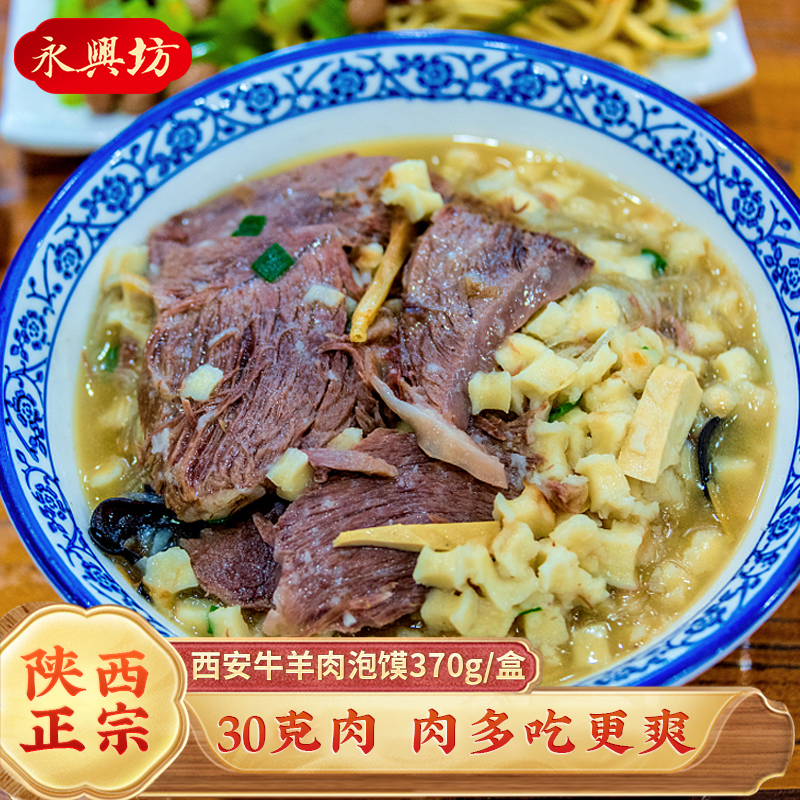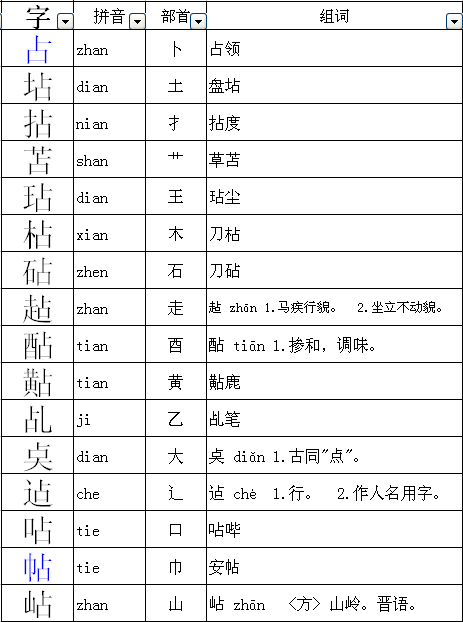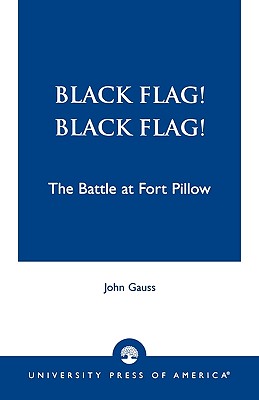复活节英文介绍
复活节英文介绍:
The Bible, the New Testament, records that Jesus was crucified and resurrected on the third day, hence the name Easter.
Easter is the most important festival of Christian religion. It is more important than Christmas.
The origin and duration of religion are in Israel. According to the Gospel of Matthew, Jesus Christ rose three days after his death on the cross, thus establishing this section.
译文:
《圣经·新约全书》记载,耶稣被钉死在十字架上,第三天身体复活,复活节因此得名。复活节是基督宗教最重大的节日,重要性超过圣诞节,宗教起源与节期在以色列。按《圣经·马太福音》的说法,耶稣基督在十字架上受刑死后三天复活,因而设立此节。
扩展资料
名称来源
复活节名称乃自教会拉丁语的“Pascha”转换而来(由于pascua(nourriture,食物)一词的影响,从pascere(paître,喂食、放养)这个拉丁动词里来的)。
原本是从希腊语里的πάσχα(páskha)借用而来,这个希腊词本身则是从希伯来语פסח(Pessa'h,超越[par-dessus由…之上])里借用的,源自passage(过路/道),即指犹太人的逾越节,这词同时含有纪念当年以色列人出埃及的意义。
根据圣经福音记载,在这个犹太节期间,耶稣基督复活了;这是为什么这个名称被用在基督徒的节日上。
根据《牛津词典》和其他一些文章(比如Francis X. Weiser的“Handbook of Christian Feasts and Customs”),英文Easter这个字与犹太人的逾越节这个字有关,这不仅因为耶稣就是逾越节的羔羊,而且在时间上耶稣基督的复活和逾越节也吻合。
在很多欧洲的语言里,不仅逾越节的筵席曾称为Easter,而且早期英文圣经译本中用Easter译逾越节。
参考资料来源:百度百科-复活节
6句的英文复活节简介 积极急急急急急急急急急急急急急急急急急急急急急
Easter (Greek: ∏άσχα) is the most important annual religious feast in the Christian liturgical year.[1] According to Christian scripture, Jesus was resurrected from the dead on the third day from his crucifixion. Christians celebrate this resurrection on Easter Day or Easter Sunday[2] (also Resurrection Day or Resurrection Sunday), two days after Good Friday and three days after Maundy Thursday. The chronology of his death and resurrection is variously interpreted to be between 26 and 36 AD. Easter also refers to the season of the church year called Eastertide or the Easter Season. Traditionally the Easter Season lasted for the forty days from Easter Day until Ascension Day but now officially lasts for the fifty days until Pentecost. The first week of the Easter Season is known as Easter Week or the Octave of Easter. Easter also marks the end of Lent, a season of fasting, prayer, and penance.
Easter is a moveable feast, meaning it is not fixed in relation to the civil calendar. The First Council of Nicaea (325) established the date of Easter as the first Sunday after the full moon (the Paschal Full Moon) following the vernal equinox.[3] Ecclesiastically, the equinox is reckoned to be on 21 March. The date of Easter therefore varies between 22 March and 25 April. Eastern Christianity bases its calculations on the Julian Calendar whose 21 March corresponds, during the twenty-first century, to 3 April in the Gregorian Calendar, in which calendar their celebration of Easter therefore varies between 4 April and 8 May.
Easter is linked to the Jewish Passover not only for much of its symbolism but also for its position in the calendar.
Relatively newer elements such as the Easter Bunny and Easter egg hunts have become part of the holiday's modern celebrations, and those aspects are often celebrated by many Christians and non-Christians alike. There are also some Christian denominations who do not celebrate Easter.








